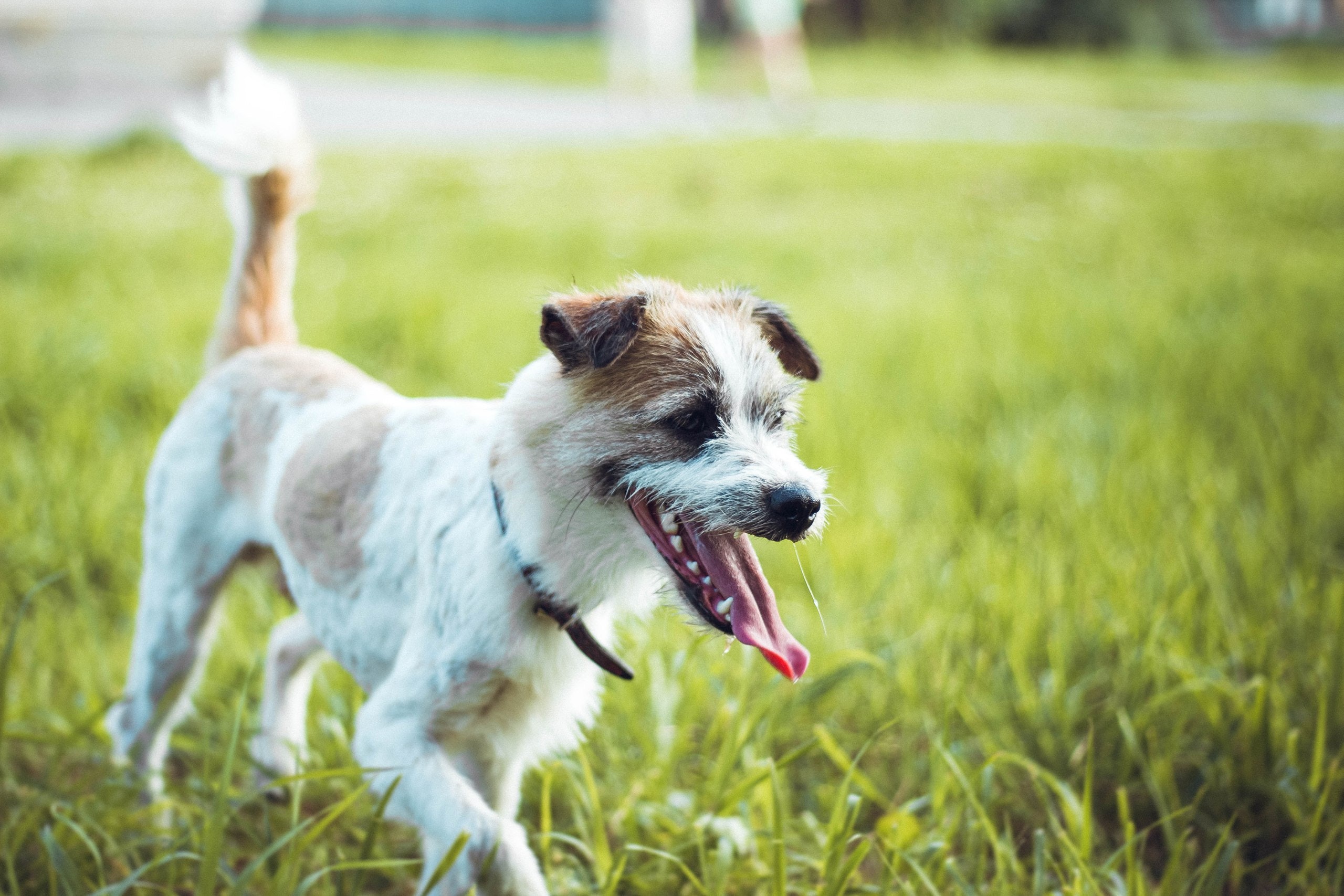Dogs often exhibit peculiar behaviors, and one of the most puzzling is their tendency to eat dirt. This habit can vary from occasional nibbling to frequent consumption, raising concerns among pet owners. Exploring the reasons behind this behavior is vital for ensuring the health and happiness of our furry companions.
Instinctual Behavior
One primary reason dogs eat dirt is instinctual curiosity. Dogs are naturally inquisitive, and their keen sense of smell compels them to investigate their surroundings. While digging or sniffing, they may encounter dirt with intriguing scents or small insects and organic matter. This instinct is particularly strong in breeds originally developed for hunting or digging.
Nutritional Deficiencies
Dietary deficiencies can also drive dogs to eat dirt. A lack of certain nutrients might lead them to seek out dirt to fulfill their nutritional needs. For instance, deficiencies in minerals like iron or calcium may prompt this behavior. If there are concerns about your dog’s diet, consulting a veterinarian for an evaluation can help identify any necessary dietary adjustments.
Boredom and Anxiety
Boredom or anxiety may lead some dogs to eat dirt. Dogs, like humans, can experience stress, and a lack of exercise or mental stimulation can result in unusual behaviors. Dogs left alone for extended periods or those not engaged in regular play may turn to dirt as an outlet for their pent-up energy. Providing ample exercise, playtime, and mental challenges can mitigate these issues.
Medical Concerns
Medical issues can contribute to this behavior as well. Conditions such as gastrointestinal problems, parasites, or nausea might prompt dogs to consume dirt as a soothing mechanism. If a dog eats dirt regularly or displays other concerning symptoms like vomiting or lethargy, a veterinarian’s assessment is crucial to rule out any underlying health problems.
Sensory Appeal
For some dogs, the taste and texture of dirt may simply be appealing. Similar to how dogs enjoy chewing on sticks or rocks, dirt can provide a unique sensory experience. If a dog eats dirt without showing signs of distress, it may just be a quirk of their personality. Observing the frequency and context of this behavior can help determine whether it is harmless or requires attention.
Strategies to Discourage Dirt Eating
To address the issue of dogs eating dirt, several strategies can be employed. Ensuring a balanced diet rich in essential nutrients is vital. High-quality dog food tailored to their age, size, and health needs is fundamental. A veterinarian can provide insights into the best dietary options for your dog.
Increasing physical activity and mental stimulation is equally important. Regular walks, playtime, and training exercises can keep dogs occupied and reduce boredom. Interactive toys or puzzles can further engage their minds, steering them away from dirt.
Creating a designated digging area can also help. Dogs have a natural inclination to dig, and providing a safe space can redirect this instinct. Transforming a preferred spot in your yard into a digging zone filled with sand or loose soil allows dogs to satisfy their digging urges without consuming harmful substances.
Monitoring Older Dogs
For older dogs that have recently begun eating dirt, changes in health or behavior may be at play. Senior dogs can face various issues, from dental problems to cognitive decline, prompting new behaviors. Keeping a close watch on older pets can help identify any changes that may warrant veterinary attention. Regular check-ups become increasingly significant as dogs age, ensuring any potential health concerns are promptly addressed.
Environmental Factors
Environmental changes can also influence a dog’s inclination to eat dirt. New living situations or changes in routine, such as moving to a new home or welcoming a new family member, can provoke anxiety and curiosity. Providing reassurance and maintaining a stable environment can help ease transitions and reduce anxiety-related behaviors.
Seeking Professional Help
If attempts to curb dirt eating are unsuccessful, consulting a professional dog trainer or behaviorist may offer personalized strategies. An expert perspective can provide valuable insight into understanding a dog’s needs and managing their habits effectively.
Many dogs engage in the behavior of eating dirt at some point in their lives. By recognizing the underlying reasons, owners can take appropriate steps to address the behavior. Ensuring a balanced diet, regular exercise, and mental engagement can significantly diminish the likelihood of dogs seeking dirt for comfort or entertainment.
Monitoring a dog’s overall health and behavior is essential. Any significant changes or concerns regarding dietary habits should prompt a visit to a veterinarian. With the right care and attention, dogs can navigate their environments safely and healthily, fostering a stronger bond between pets and their owners. Embracing their unique behaviors, while prioritizing well-being, contributes to a harmonious life together.



